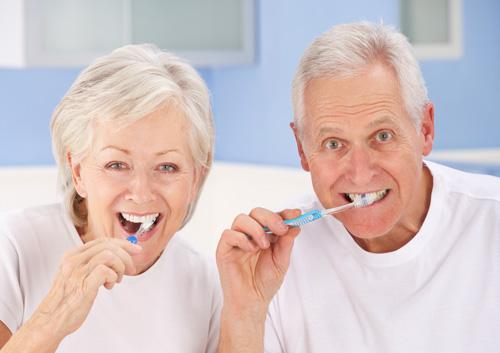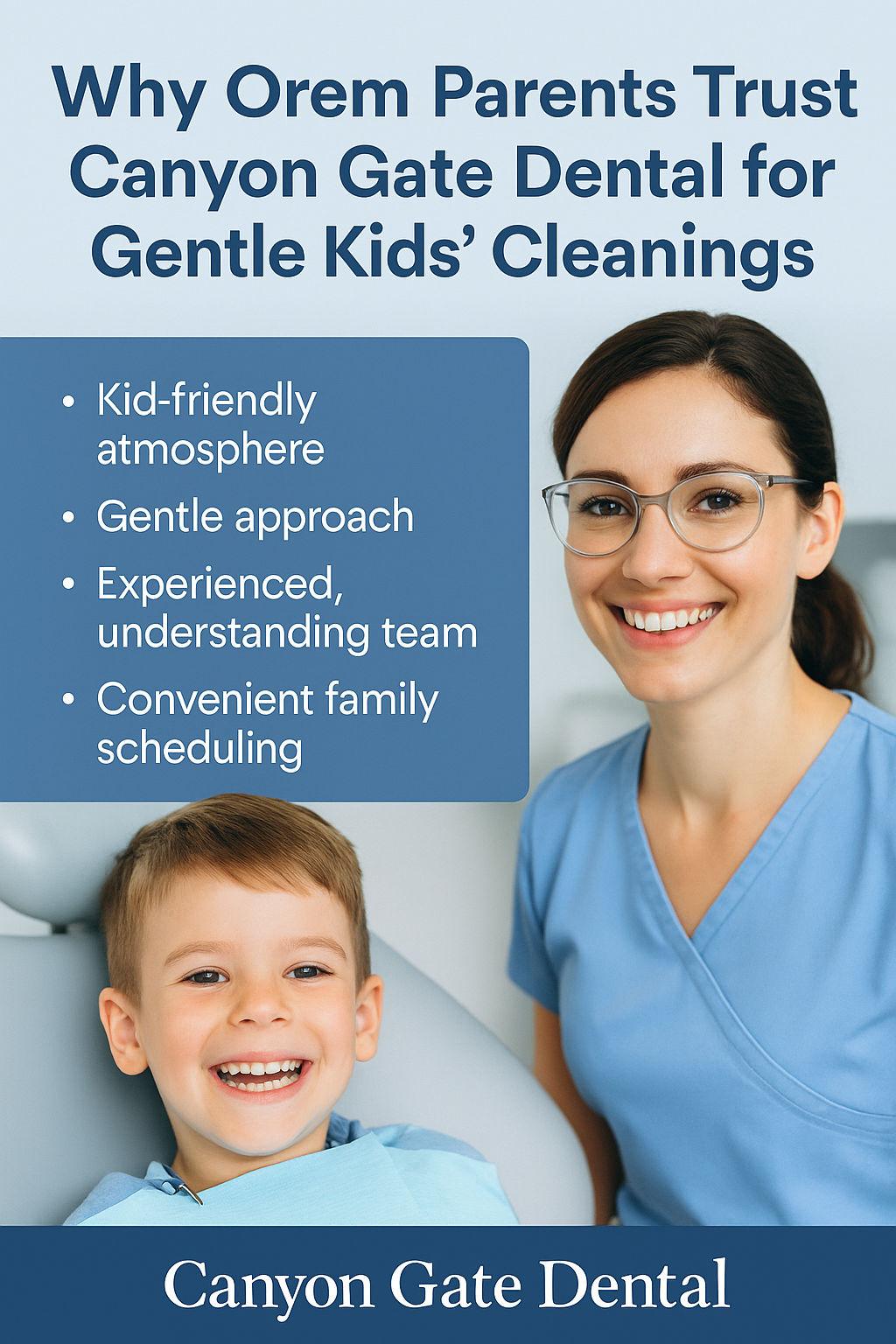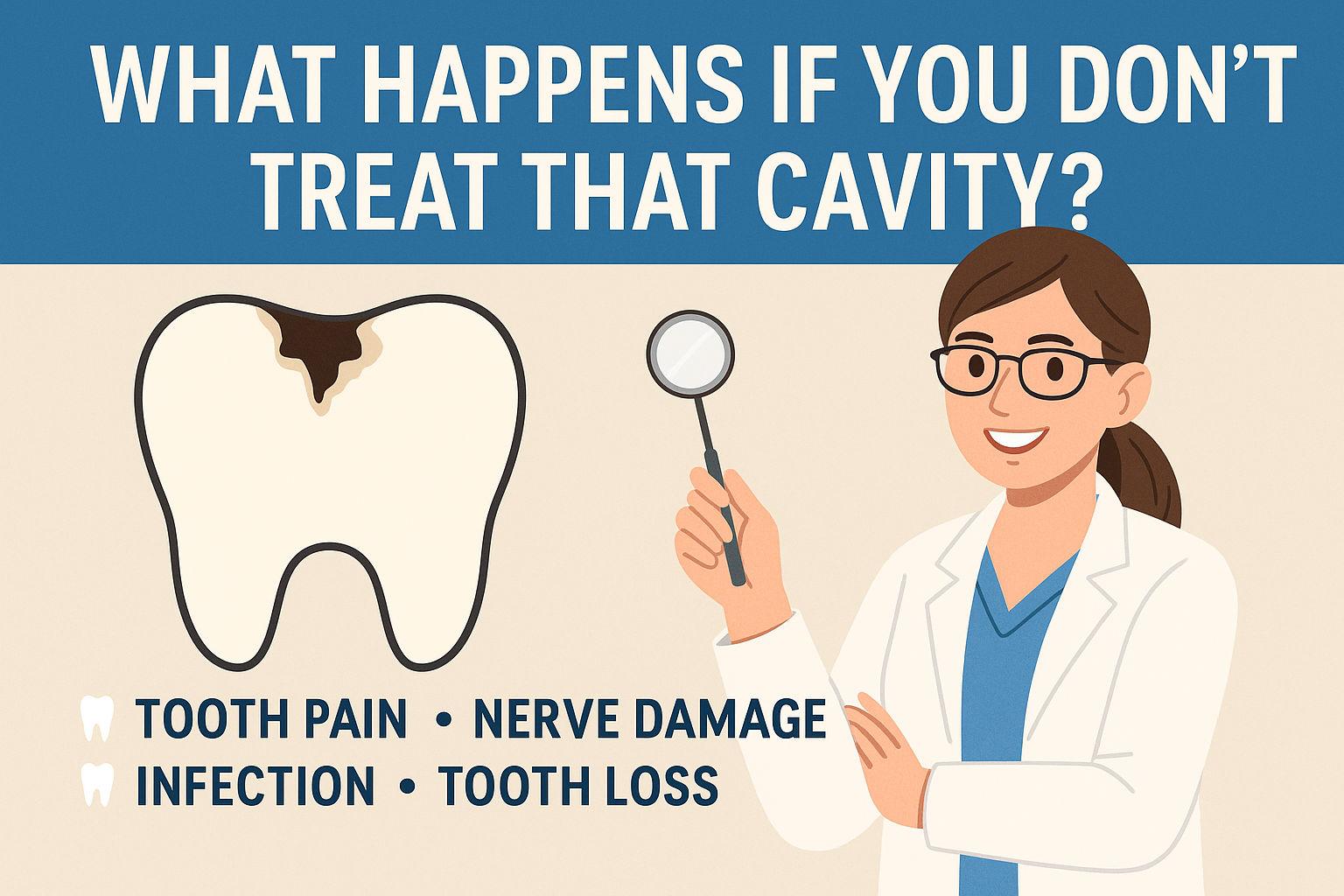Growing older doesn’t have to mean the end of your teeth. Plenty of people believe that your teeth fall out with age, but the fact is that if cared for properly; they can outlast even the longest-living of us.
One thing that is true however, is that the unique aspects of your mouth will change as you grow older. Nerves and blood vessels within your gums will shrink, and this often results in problems such as cavities and tartar build up. Without frequent examination, these events can increase in severity, and that’s where the real problems occur.
Looking, feeling and being healthy is something that most of us aim towards, and you’d be surprised to hear that a healthy mouth can actually promote a healthy attitude to last a lifetime!
Here are a few great techniques to maximize the health of your teeth and gums:
- Keep away from cigarettes. Not only are they harmful to your health and known to trigger lung diseases, but the motions involved with inhaling nicotine from a cigarette can promote gum problems and tooth decay
- Don’t let food build up between your teeth. Floss at least once a day to clear traces of leftover food
- If you use dentures, keep them clean. Remove them at night, wash them well, and store them securely
- Brush your teeth once in the morning when you wake up, and then again at bed time. Electronic toothbrushes are a great way to minimize the effort needed to brush
- Water contains fluoride, so drinking a glass as often as possible can help to prevent cavities and tooth decay
- Stop by your local dentistry frequently to keep on top of your tooth-health
Promoting a healthier mouth has never been easier, and it truly starts at home. Make informed decisions on the types of foods that you consume, and the lifestyle that you lead. Doing these simple activities will help to enhance the longevity of your teeth; whether they are natural, dentures or implants.
Looking after a loved one with a disability
If you know someone with a disability, then they may struggle to keep their teeth clean and healthy. You can play a role in helping them, by following these two simple steps:
- Ensure that they visit the dentist often, and book the appointment if you have to
- Set them reminders to brush their teeth twice a day, and floss at least once, or between meals
There may be times where your loved one is struggling to keep on top of their own oral hygiene, and when this happens it’s very important to discuss their options with a dentist. Many dentists specialize in treating the elderly, as well as those with disabilities. It’s advisable to keep track of the eating habits of anyone that uses dentures, and then inform the dentist of these habits if necessary. It’s also not unheard of for dentures to cause a nuisance, and if your loved one is refusing to eat, or is eating less, then address their dentures with a dentist as soon as possible.
If you’re caring for an individual that is bed-bound, then you may inadvertently overlook their oral hygiene. Always set a reminder to treat their mouth at least twice a day, as bacteria can begin to build up and make its way into vital organs as your loved one breathes.









